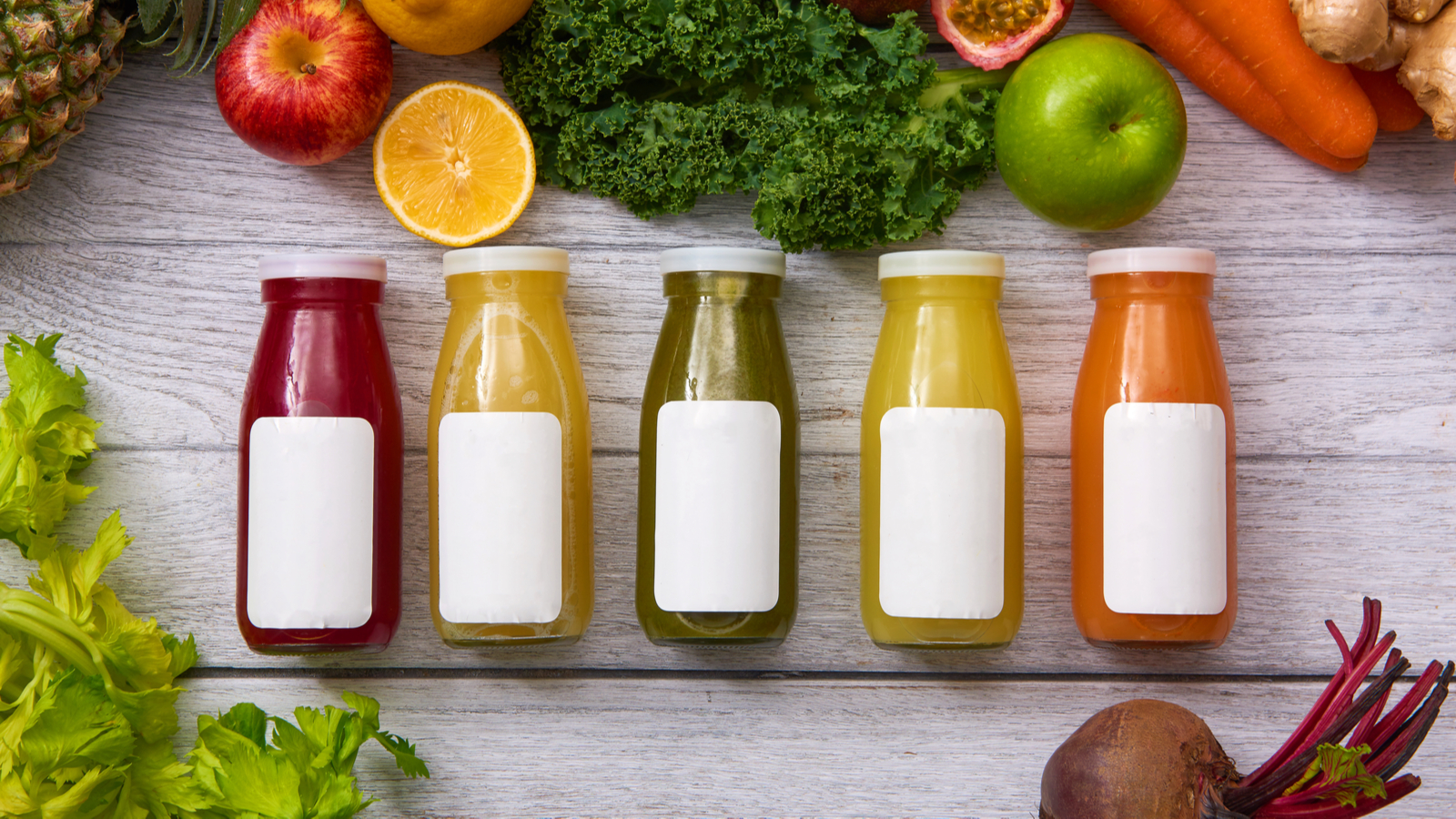

Certified RAW

Three core concepts: safety, minimally processed, and biovariable nutrients
Purpose
Provide consumers with standards that integrate previously existing standards (such as Non-GMO , Organic) to help them make informed decisions of what they are eating.
Applied Standards
Must be certified under USDA National Organic Program (containing at least 70% organic ingredients), certified Non-GMO (see Non-GMO project), and heated under 212 degrees Fahrenheit.
Allowable synthetic subtances
Alginates, ammonium bicarbonate for use as a leavening agent), ammonium carbonate (for use as a leavening agent), ascorbic acid, calcium citrate, calcium hydroxide, calcium phosphates (monobasic, dibasic, and tribasic), carbon dioxide, chlorine materials (for sanitization of food contact surfaces, residual chlorine levels must not exceed the max residual disinfectant limit; calcium hypochlorite, chlorine dioxide, sodium hypochlorite), ethylene (for post-harvest ripening of tropical fruit), ferrous sulfate (iron enrichment when required/recommended), glycerides, glycerin (hydrolysis of fats/oils), hydrogen peroxide, bleached lecithin, magnesium carbonate (only for "Made with Organic ____" products), magnesium chloride (derived from sea water), magnesium stearate (only for "Made with Organic ___" products), nutrient vitamins and minerals, ozone, pectin, phosphoric acid (cleaning of food-contact surface and equipment), potassium acid tartrate, potassium tartrate made from tartaric acid, potassium carbonate, potassium citrate, potassium hydroxide (not for use in lye peeling of fruits and vegetables), potassium iodide (only for "Made with Organic ___" products), potassium phosphates (only for "Made with Organic ___" products), silicone dioxide, sodium citrate, sodium hydroxide (not for use in lye peeling of fruits and vegetables), sodium phosphates (only in dairy products), sulfur dioxide (only for wine labeled "made with organic grapes"), tocopherols (derived from vegetable oil when rosemary extracts are not a suitable alternative), xanthan gum
Allowable nonsynthetic
Acids (alginic, citric, and lactic), bentonite, calcium carbonate, calcium chloride, nonsynthetic sourced colors, dairy cultures, diatomacious earth (for filtering aid only), enzymes (derived from edible, nontoxic plants, nonpathogenic fungi, or nonpathogenic bacteria), flavors (nonsynthetic sources, not produced with synthetic solvents and carrier systems), kaolin, magnesium sulfate (nonsynthetic sourcse), nitrogen (oil-free grades), oxygen (oil-free grades), perlite (filter aid only), potassium chloride, potassium iodide, sodium bicarbonate, sodium carbonate, waxes (nonsynthetic; carbnauba wax and wood resin), yeast (nonsynthetic, not grown on petrochemical substrate and sulfite waste liquor; autolysate, bakers, brewers, and nutritional yeast all allowed), smoked (nonsynthetic processes must be documented),
Allowable nonagricultural nonorganic substances
Cornstarch, gums (water extracted only), kelp (for use only as a thickener or dietary supplement), lecithin (unbleached), pectin (high-methoxy)
Qualifications/Disclosures
There are excepts to foods in which Federal, state, or local laws require an entire food item to be heated at or above 212. Food products to be Certified R.A.W. they must be 100% safe and 100% Non-GMO. They must also contain ingredients that "have a high amount of bio-available enzymes based on testing using CS Tested process". The foods must also have a high nutrient density and and organic.
Affiliations
501(c) project of of the International Center for Integrative Systems.
